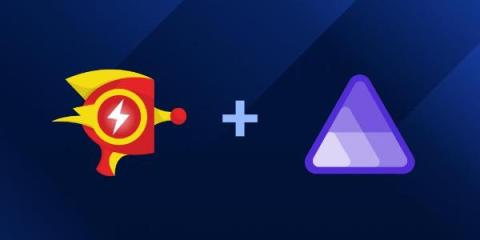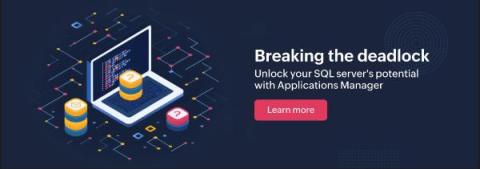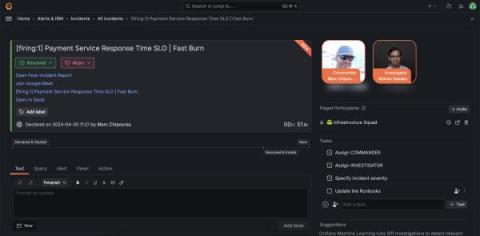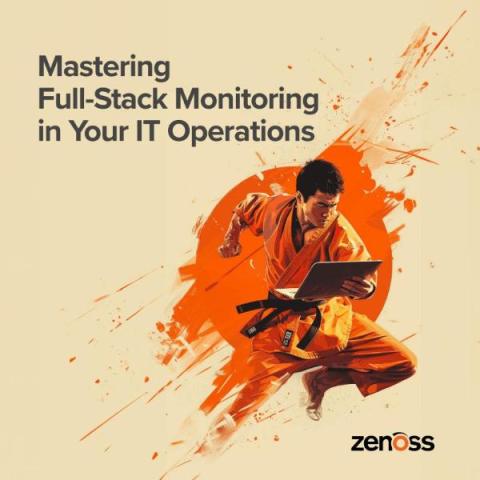"Secret" elmah.io features #4 - Get help from AI and ChatGPT
In this fourth post in the series of "secret" elmah.io features, I want to introduce you to one of several AI features available on elmah.io. We have had machine learning features like automatic bot detection and spike identification for years. But a recent addition to the portfolio of AI features is the integration with ChatGPT to get help solving issues. In this post, I'll show you how to set it up and how it works.









